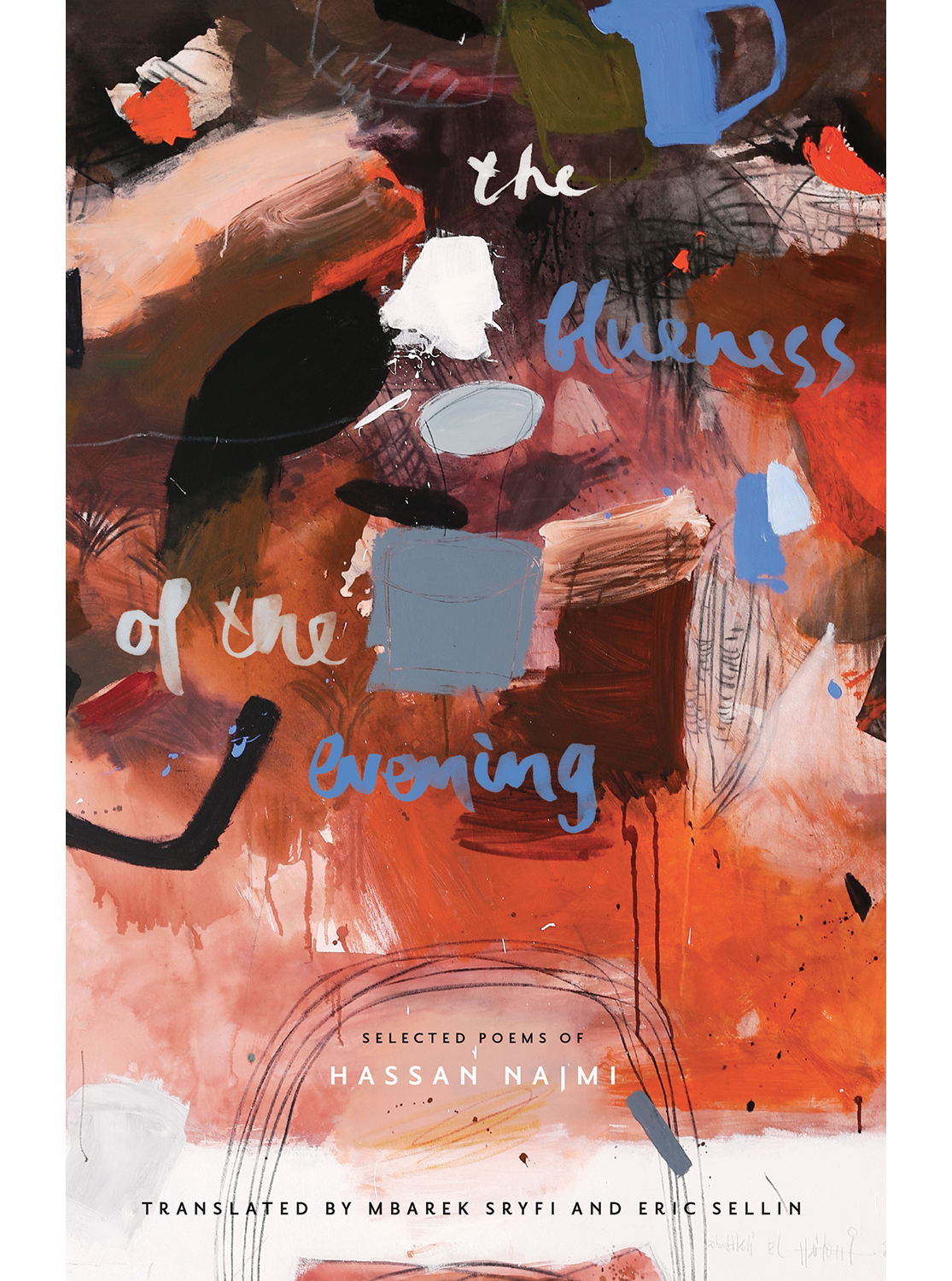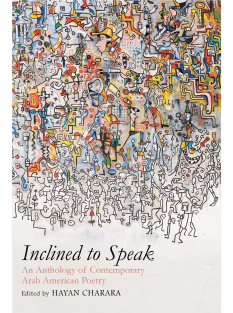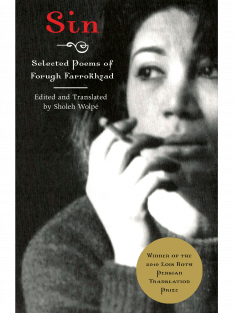This selection of Hassan Najmi’s poems, translated by Mbarek Sryfi and Eric Sellin, provides an excellent introduction to the work of one of Morocco’s foremost poets and to a school of modern verse emerging in the Arab World. Scenes of late night cityscapes, lonely interiors, awe-inspiring desert wastes, and seaside vistas are found within the exquisitely subtle lyric moods and nuances of Najmi’s ars poetica, providing insight into the geographical, political, and linguistic ferment that have made Morocco an exciting hub of creative activity in the twenty-first century.

The Blueness of the Evening is supported in party by the King Fahd Center for Middle East Studies at The University of Arkansas.
Hassan Najmi, born in Ben Ahmed in 1960, now resides in Rabat. He is the author of two novels and ten poetry collections. His poetry has been translated into more than ten languages and he has himself translated many poets into Arabic, including Giuseppe Ungaretti, Sophia de Mello Breyner Andresen, Philippe Jaccottet, Yannis Ritsos, and Anna Akhmatova.
Mbarek Sryfi, a lecturer at the University of Pennsylvania, has translated fiction, poetry, and non-fiction, including three books, two from Arabic and one from French.
Eric Sellin, professor emeritus at Tulane University, is the author or editor of nine books of poetry written in English and French and many translations published in anthologies and journals. Since his retirement from teaching in 2001, Sellin has been translating poetry and writing essays on the art and theory of translation.
“Hassan Najmi is a vivid, sad, wise, and versatile poet. These poems are outstanding, each a welcome report from the heart of the Maghreb. In particular, North Americans should know his ‘Umber Winds’ sequence: a response in anguished surrealist fragments to the 1991 bombing of Baghdad. Najmi conjures the solitude and acute dignity I’ve heard in music from Morocco or Andalusia: ‘I preferred to remain alone… with only the bitter feelings worthy of a poem.’ The translators Sryfi and Sellin have provided something of true elegance here.”
—Andrew Schelling, author of Love and the Turning Seasons: India’s Poetry of Spiritual and Erotic Longing
“Hassan Najmi’s poetry balances deftly on a tight rope tensed between the direct statement of the prose-poem and the reversed or inversed (in-verse-d?) image, both aspects tethered to the normal yet absolute surrealism of the everyday—an everyday as familiar with war as with peace—when we are constantly ‘bombarded by our old wounds.’ The poem, then, is a calmly-desperate ‘message in a bottle’ that someone on another shore will pick up—to be surprised by and delight in a woman that saves the sea from drowning, a hand that forgets it has fingers while ‘the writing’s sky is lush / with the foliage of shrapnel.’”
—Pierre Joris, author of Barzakh (Poems 2000–2012) and The University of California Book of North African Literature
“How I want to read these poems in their original language. And yet, there’s a way in which translation is just one more mysterious, evocative, and also earth-grounded wave or layer as words move through air, water, eyes, bodies and night itself, through The Blueness of the Evening. In this alluring, profoundly intelligent, and stunningly lyrical collection of poems by Hassan Najmi, with new translations by Mbarek Sryfi and Eric Sellin, one is invited into a world within ‘the night of your eyes,’ so, ‘why waste time on words?’ Using short, deceptively simple lines interspersed with longer flowing lyric, the poet narrates place, loss, touch and longing/mostly longing, body and spirit. ‘And I came to know the desert. It is all that space of loneliness within me.’ These are enormous poems in small spaces. I sip them and sip them. Liminal. Beautiful. They are how language lives and breathes.”
—Kathy Engel, chair and associate arts professor, Tisch Department of Art and Public Policy, New York University
“Prolific Moroccan poet and translator Hassan Najmi’s collection The Blueness of the Evening represents a valuable window into the emerging world of Arabic free verse, a form only recently gaining prevalence. Packaging together sweeping vistas and ordinary moments, Najmi’s poetry shows an inherent understanding of the truth that ‘No one hears half voices.'”
—World Literature Today, September 2018





